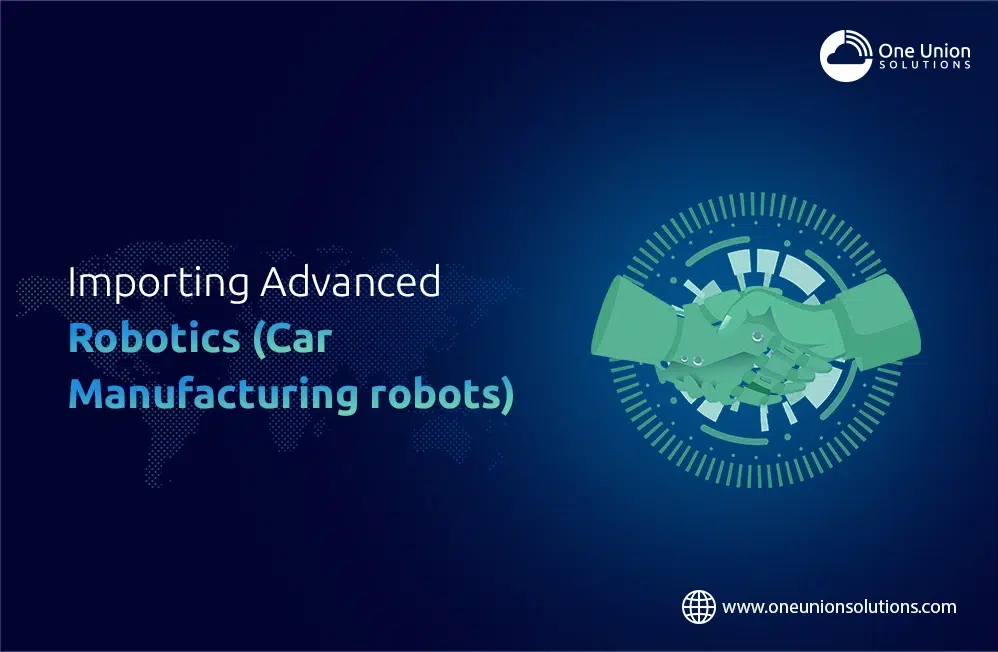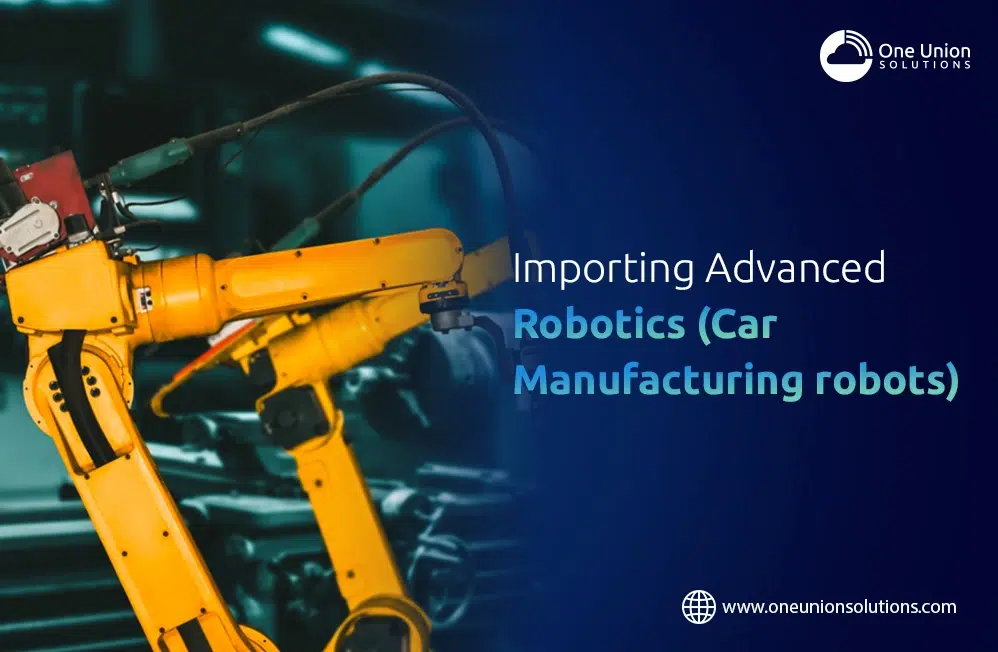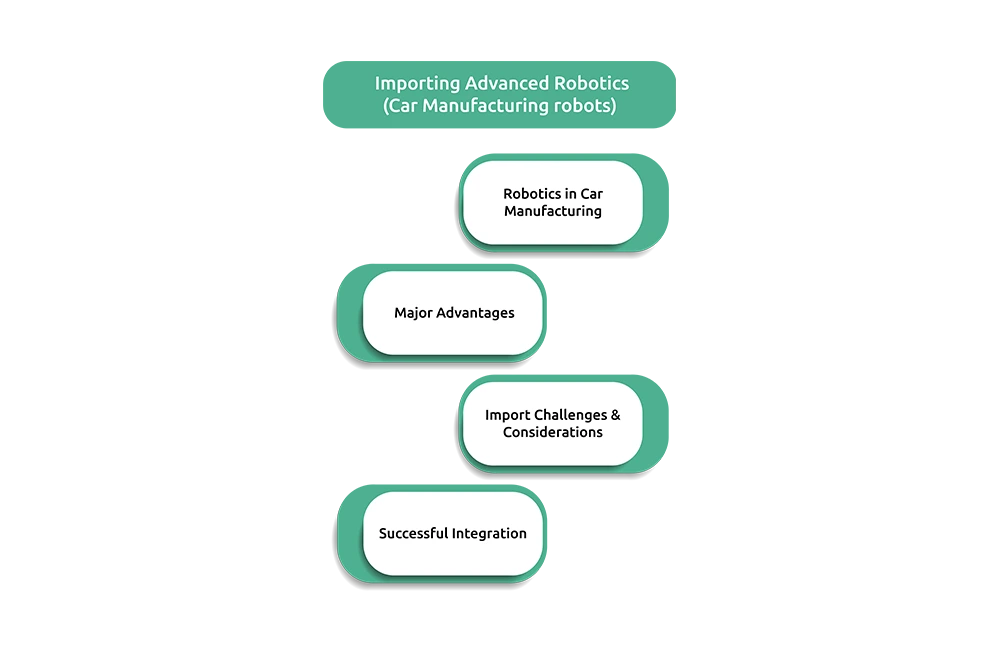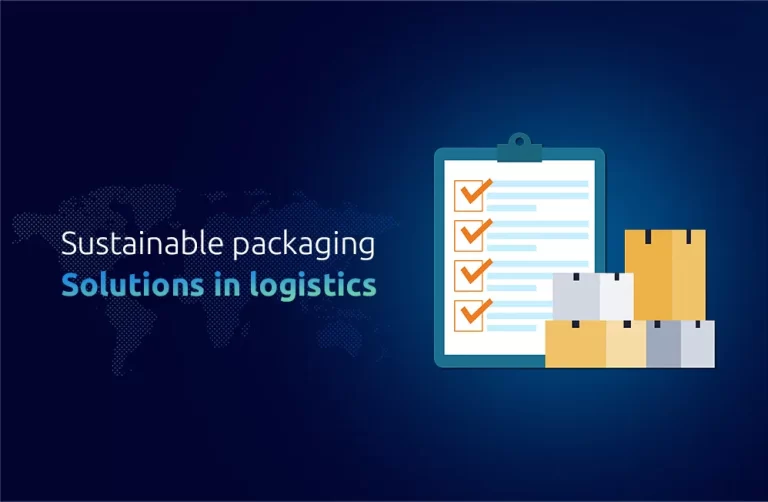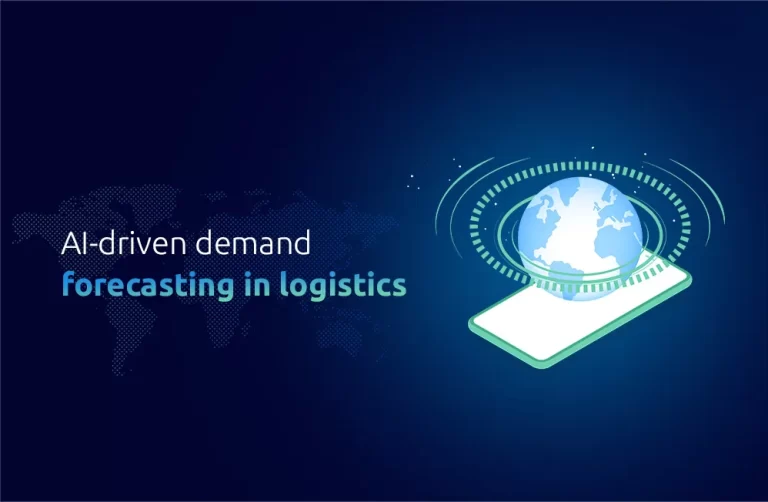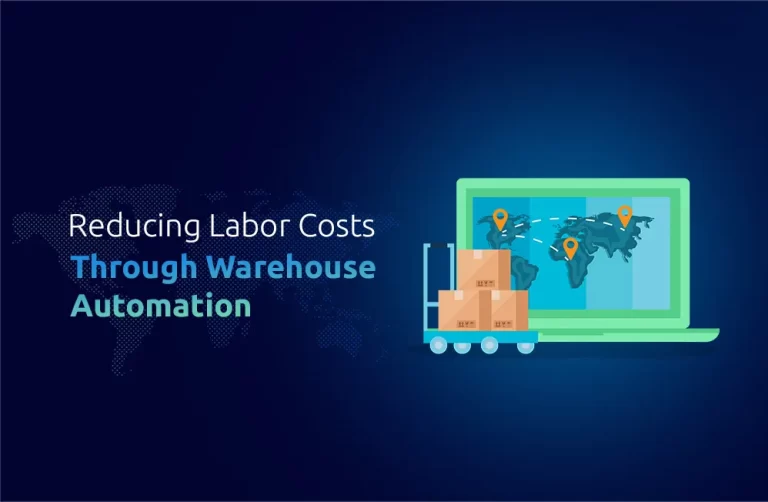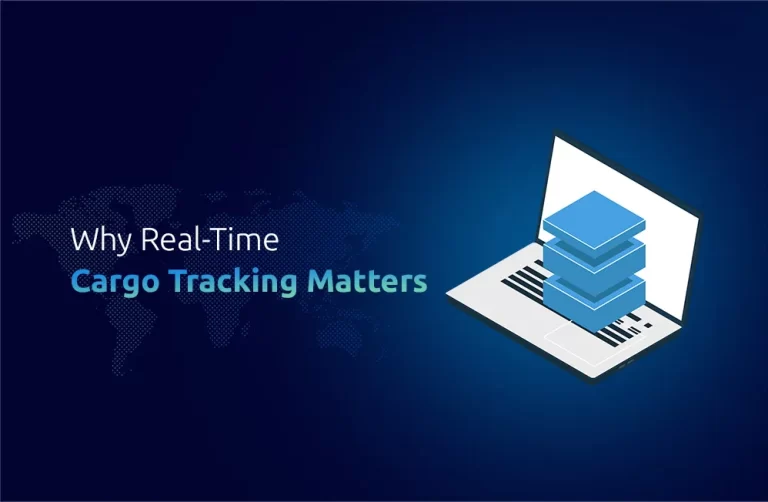Introduction
The automotive industry is experiencing dramatic transformation due to a rapid surge in robotic technology adoption for manufacturing processes. Companies seek to maximize production capacities; importing these sophisticated machines is essential in modern production strategies.
The automotive sensor market is experiencing incredible growth and this ascension of the global market for automotive sensors i. e. the market stood at USD 31.36 billion in 2022 and it is forecasted to touch USD 98.81 billion by 2031. During the forecast period of 2024-201 per FCN, this market is predicted to register a faster growth rate with an expected CAGR from 2023 to reach USD 35.62 billion by valued at a Compound Annual Growth Rate (CAGR) of showcasing as close to 60%. This reflects the ever-growing demand for cutting-edge vehicle technology that can prepare additional security, efficiency, and automated systems within the automotive industry. Sensors are expected to play a greater function in enhancing the performance of cars and driving experience as cars become more advanced.
Advanced Robotics’: Role in Car Manufacturing
Robotics have proven themselves invaluable tools in car manufacturing. Manufacturers can reduce production times by automating assembly, welding, and painting tasks for an improved production line using robotics systems while meeting market demands more swiftly and precisely.
Robotics’ impact on manufacturing processes is numerous and far-reaching. First and foremost, automation reduces human error to improve product quality while performing highly precise tasks – essential in an industry where even minor flaws can have catastrophic results. As a result, businesses can ensure stringent quality standards are upheld, and customer satisfaction is ensured.
The implementation of robotics has far-reaching implications for operational efficiency. Traditional manufacturing methods involve time-consuming manual processes that take too much work to complete efficiently; by contrast, robotics can manage repetitive tasks much more quickly than humans could manage them – speeding up production rates while freeing human workers up for more intricate or value-adding actions.
Importance of IOR Services for Importing Robotics
Navigating the intricate world of international regulations when importing advanced robotics can be daunting, making the role of Importer of Record (IOR) even more essential. An IOR must ensure all import requirements are fulfilled while overseeing necessary paperwork, taking legal responsibility associated with importation processes, and fulfilling legal responsibilities related to importation processes.
Partnering with an experienced IOR service provider can significantly simplify the complexities of importing robotics. Through such collaboration, all import documents are accurately filed and local laws adhered to – not simply for bureaucratic compliance but to preserve operational integrity and prevent delays that might otherwise incur costs. Effective international trade risk management is an essential aspect of importation. By identifying potential risks and devising mitigation strategies, manufacturers can navigate global supply chains more confidently while also helping prevent disruptions that might delay essential equipment arriving on time.
Logistics requires knowledge of Incoterms and international shipping agreements to import successfully. DAP (Delivered at Place) and DAPS (Delivered at Place, Unloaded) agreements establish buyer/seller responsibilities regarding shipping costs and risks, eliminating potential disputes during importation processes. Knowing Incoterms helps all parties involved better understand their responsibilities, thus decreasing chances of disagreement over importation decisions.
Automotive Industry Trend Analysis
Recent statistics demonstrate the seismic shift within the automotive sector due to increased automation and robotics usage. Manufacturers that have adopted advanced robotics have experienced noticeable productivity increases; according to studies, companies using robots in manufacturing processes may even reduce production time by up to 30% – providing crucial efficiency gains within an industry that needs swift responses to consumer preferences and market trends.
Additionally, the global industrial robot market is projected to experience rapid expansion over the coming years, reflecting an ever-increasing need for automation in automotive production facilities to stay competitive. Automotive manufacturers that invest in advanced robotics will better adapt to growing market conditions and customer preferences.
Hyperconverged infrastructure and robotics boost manufacturing capabilities, offering seamless integration of computing resources that enhance manufacturers’ data management, operational efficiency, and supply chain optimization. By taking advantage of these advances in manufacturing capabilities, manufacturers can streamline processes, reduce costs, optimize their supply chains & further expand manufacturing capabilities.
Advantages of Advanced Robotics in Manufacturing
Integrating advanced robotics into car production offers numerous benefits, enhancing various aspects of the production process.
Automation Increased Efficiency
One of the main advantages of automation is increased efficiency. Robots streamline manufacturing processes, resulting in faster production cycles and higher equipment output – an invaluable asset in an epoch where speed often plays an integral part in success. Another advantage of robotics is their increased precision. Automated systems are built to perform tasks with extreme accuracy, reducing errors and defects that might otherwise arise in tasks being performed by human employees. When quality matters so much in business operations, such levels of accuracy become essential in maintaining brand integrity and meeting customer satisfaction targets.
Cost Reduction
While robotics require an initial investment, their long-term cost-reduction benefits are significant. Manufacturers frequently report significant labor cost reduction and increased production efficiency savings, which more than compensate for any initial expenditures made for robotics. With faster production and lower defect rates, investment returns may come quicker than anticipated.
Safety Improvements
Robotics has made an important statement about its capacity to advance workplace safety. By automating hazardous tasks; manufacturers can reduce injuries while improving employee morale by eliminating exposure to potentially hazardous conditions, increasing retention rates, and keeping workers engaged with work.
Future Outlook
Car manufacturing’s future is intrinsically linked with robotics technology. As technology changes, manufacturers must adapt their production processes to emerging trends; automation systems are poised to significantly transform how vehicles are produced while driving efficiency and innovation.
As a competitor in the automotive sector heats, manufacturers’ ability to innovate will become ever more essential. Manufacturers that implement advanced robotics improve operational efficiencies and become market leaders – with improved equipment quality & shorter production times giving them a major competitive edge. Market leaders with improved equipment quality & quicker production times, giving them a major competitive edge.
Why choose One Union Solutions?
Partnering with an established logistics provider such as One Union Solutions when importing advanced robotics is crucial. Their expertise in IOR management and freight forwarding ensures that your equipment arrives in perfect condition on schedule.
One Union Solutions offers tailored services designed to streamline the import process. Their focus on compliance with regulations and efficient logistics management allows manufacturers to focus on creating and producing high-quality equipment. At the same time, their expertise guides businesses through international trade complexities with confidence.
Conclusion
Adopting advanced robotics in car manufacturing is more than a trend; it represents a profound transformation revolutionizing the industry. Improving efficiency, precision, and safety robotics allows manufacturers to meet market demands effectively. Effective logistics management will be key to success in an evolving landscape.
For manufacturers looking toward the future, & investing in advanced robotics will be vital to remain competitive. Businesses can succeed in this complex and dynamic automotive market by capitalizing on automation capabilities and working closely with experienced logistics partners.
Did You Know?
The use of advanced robotics in automobile equipment manufacturing can cut production time by as much as 30%, allowing car manufacturers to respond faster to market demands while improving precision and decreasing the cost of labor.
FAQ
1. When Importing Robotics, what is the Role of an Importer of Record?
Answer: An Importer of Record ensures compliance with all import regulations and oversees necessary documentation for imported equipment. They assume legal responsibilities such as paying duties and taxes for importation, meeting local standards with imported items, and mediating any potential disputes during this process.
2: How are advanced robotics improving efficiency in car production?
Answer: Advanced robotics have revolutionized manufacturing processes by automating repetitive tasks, greatly shortening production times and increasing output. Robots operate more rapidly and accurately than human workers, helping manufacturers produce equipment faster with fewer defects.
3: How can manufacturers ensure that integrating advanced robotics won’t disrupt their production workflow?
Answer: To smoothly integrate advanced robotics, manufacturers should start with a thorough assessment of their existing processes and identify tasks that can be automated without causing disruptions. Collaborating closely with robotics experts can help tailor solutions to fit seamlessly into current workflows
4: What role does freight forwarding play in importing robotics?
Answer: Freight forwarding involves transporting equipment from its manufacturer to an importer, including managing logistics, complying with shipping regulations, and managing documentation. Effective freight forwarding services are crucial to ensure advanced robotics arrive in a timely and undamaged.
5. Why should manufacturers choose One Union Solutions services when importing robotics?
Answer: One Union Solutions provides expertise in managing the complex process of importing advanced robotics. Their services encompass IOR responsibilities, freight forwarding services, and compliance with international trade regulations – so manufacturers can focus on core operations while guaranteeing an easy import process for their equipment.

